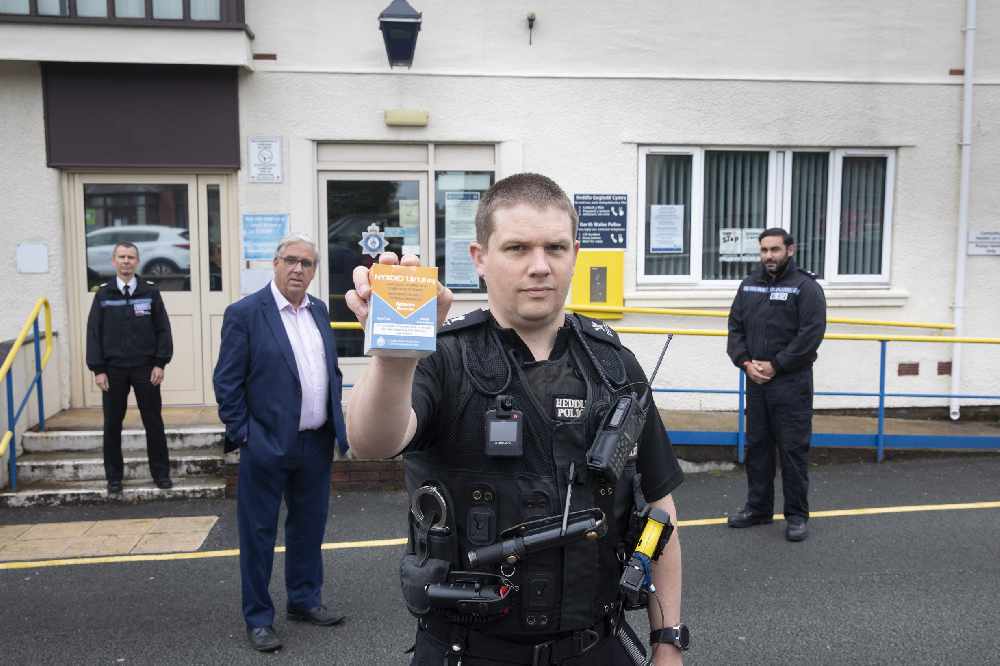
Police in Flintshire are the first in Wales to carry a life-saving nasal spray which acts as an antidote to a drugs overdose amid fears of more deaths caused by the coronavirus crisis.
The six-month pilot project using the Naloxone spray is the brainchild of North Wales Police and Crime Commissioner Arfon Jones, a long-time campaigner for a change in UK drugs laws.
All the officers taking part in the trial have volunteered to carry the spray while out on the beat and will use personal protective equipment and facemasks if they need to administer it.
The spray can be used to treat overdoses of drugs including heroin, fentanyl and prescription painkillers.
According to Mr Jones, the UK already had more drug deaths than anywhere else in Europe and the Covid-19 pandemic meant that people with problematic drugs use were going to be taking more dangerous alternatives if their drug of choice was in short supply.
Flintshire saw 21 deaths due to drugs in the most recent two-year period, from 2016-2018, more than a fifth of the North Wales total.
The commissioner is aiming to roll out the initiative across North Wales and is hoping officers in other areas will now put themselves forward.
Among those who volunteered to carry Naloxone while on duty in Flintshire was PC Tom Brownhill.
He said: “I wanted to be part of the pilot because in my role I tend to deal with a lot of Heroin and Crack addicts. Because I recognise who they are it’s going to be easier to administer the Naloxone, so it seemed like a logical decision to volunteer for this scheme.
“Naloxone is a life-saver. It’s a nasal spray so it’s safe for the patient and it’s very easy to administer – and hugely effective so it seems to be a no-brainer for police officers to carry it. In the right circumstances it will save life after life.”
Mr Jones, a former police inspector, has himself been trained to administer naloxone and he said: “Naloxone is proven around the world to save lives and I have been campaigning for it to be used here for some time.
“The country is currently under threat from the coronavirus and while that may affect the supply of lots of things, the only effect on street drugs will be to make them even more dangerous.
“The drugs gangs aren’t going on furlough and if there is a shortage of heroin they will be peddling even more dangerous varieties of opioid such as fentanyl which is 50 times more powerful than heroin.
“That makes the potential for overdose even greater and even more rapid which is why it is crucial that the first people on the scene are able to do something other than just call an ambulance.
“We know that Flintshire has a major drugs problem and much of it is centred on the Deeside area and that’s why we have chosen this area for the pilot.
“The spray is easy to operate and the drug acts on nerve receptors in the brain and is effective for at least half an hour and that will allow time for the ambulance to arrive.
“I’d also like to thank Gill Lehrle from Mold who has been at the forefront of sourcing the FFP3 masks for officers trained to administer Naloxone while Inspector Iwan Jones has been instrumental in getting this important initiative off the ground.
“I would like to see this initiative being introduced in other parts of North Wales and it would be great if other officers from those areas also volunteered.”
Inspector Iwan Jones, of North Wales Police, was one of the officers trained in its use by Kirsty Brooke, Betsi Cadwaladr University Health Board Substance Misuse Service senior nurse.
He said: “Flintshire is an area of high demand in terms of opioid use and police officers are usually the first one scene in the event of a drug overdose.
“Unfortunately up to now we haven’t been able to do apart from wait for an ambulance to arrive by which time it may well be too late.
“Getting the naloxone spray gives us something we can use to prevent a death.
“It’s a simple nasal spray, there’s no injections involved, and the officers have all undergone training in its use. It’s something we’ve all volunteered to do.
“The victim probably won’t be breathing and you simply put it into the nose and spray and it works virtually instantly, in two or three minutes.”
Deputy Chief Constable Richard Debicki said: “This initiative undeniably supports the core priority for officers in protection and preservation of life.
“It will in no way replace or interfere with the ambulance service who will still be required to attend to the patient, however officers equipped with the Naloxone spray will be able to immediately administer as part of the initial first aid response and potentially save the patient’s life. “
Mr Jones added: “One third of all European drug related deaths happen in the UK and many of these are as a result of overdoes of heroin and other opiates and as police officers are often the first on the scene of such cases it makes sense that they should be able to give the simple treatment that can make a life-saving difference.
“Time is critical in these incidents and so police officers need to be given the tools to protect the public.
“Up until three years ago it could only be given by injection but now nasal sprays are available and even if the person concerned hasn’t taken an opiate naloxone won’t have an effect or cause harm.”
Pictured with some Naloxone is PC Tom Brownhill with (L/R) Deputy Chief Constable, Richard Debicki, Police Crime Commissioner North Wales Arfon Jones and assistant Inspector Gavin Gilmore.

 Ten arrested for drugs offences following warrants in Chester
Ten arrested for drugs offences following warrants in Chester
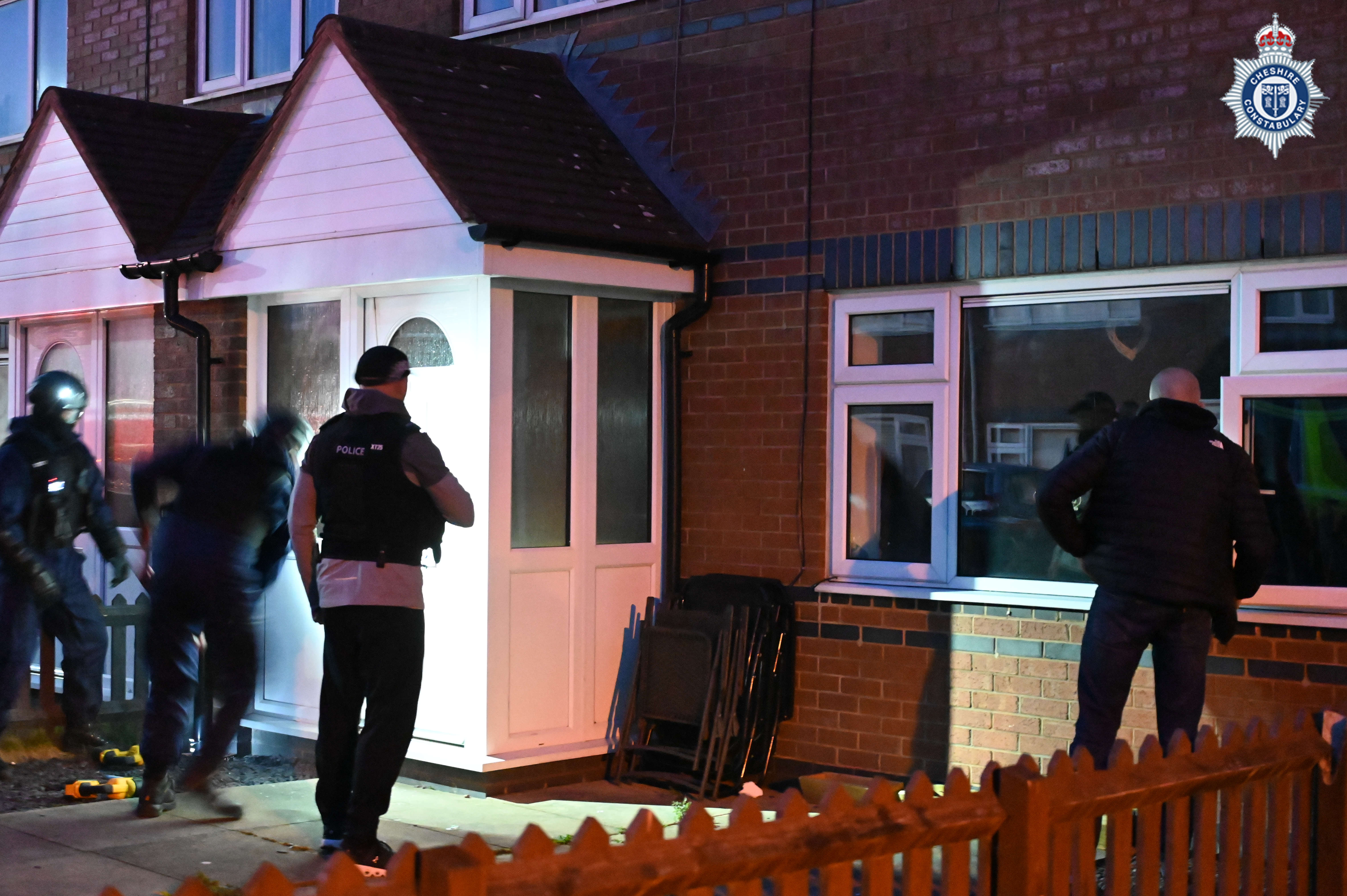 Ten arrested for drugs offences following warrants in Chester
Ten arrested for drugs offences following warrants in Chester
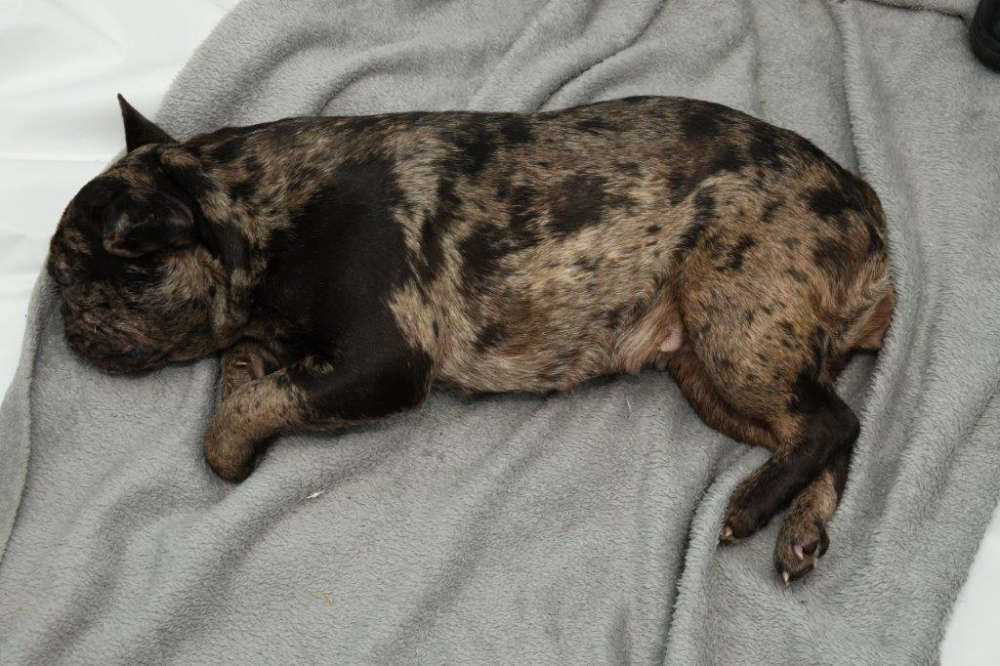 Suspended prison sentence and indefinite ban for Cheshire man who abused his dog
Suspended prison sentence and indefinite ban for Cheshire man who abused his dog
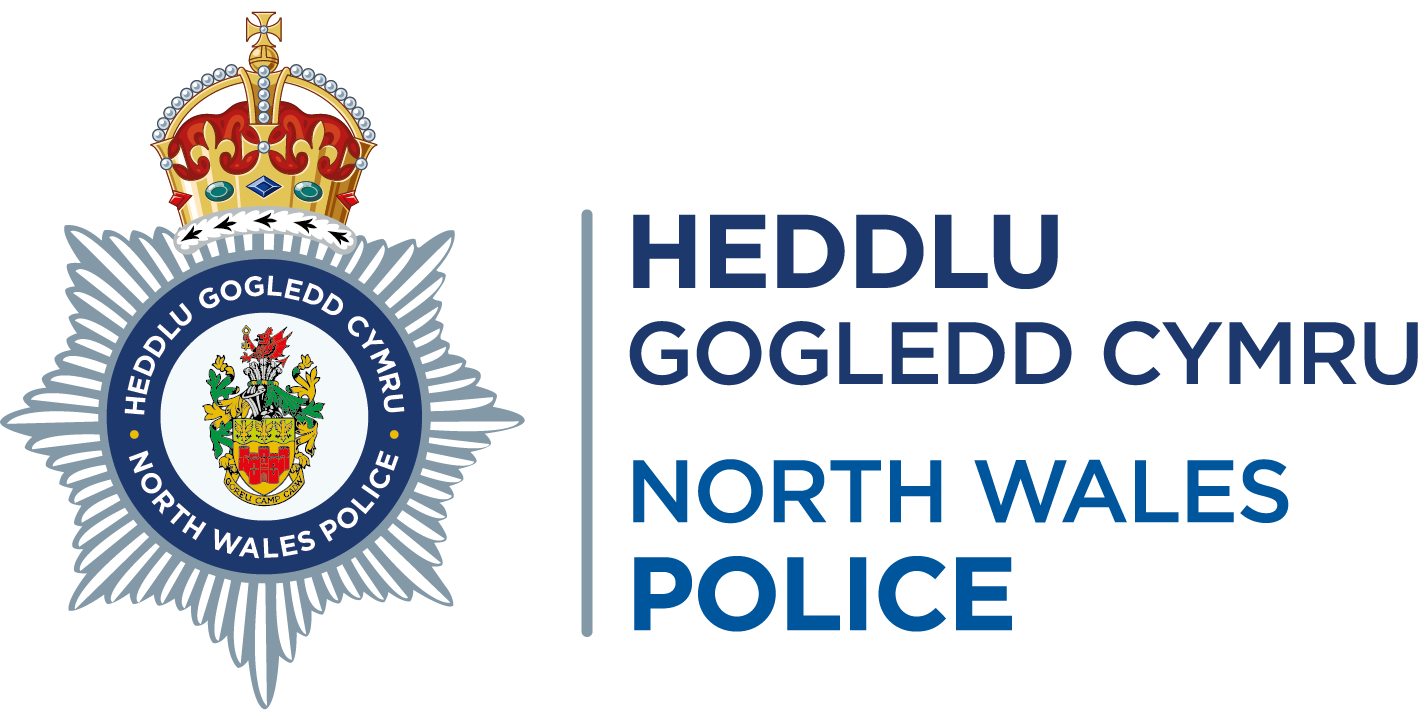 Recovered Stolen Items
Recovered Stolen Items
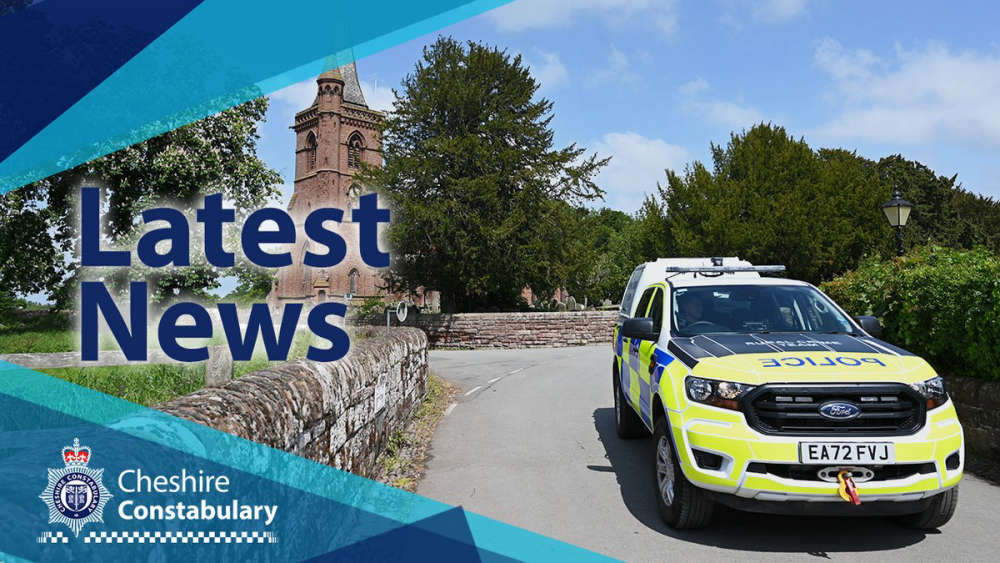 Man charged in relation to courier fraud
Man charged in relation to courier fraud
 Police to target criminal use of Cheshire’s roads
Police to target criminal use of Cheshire’s roads
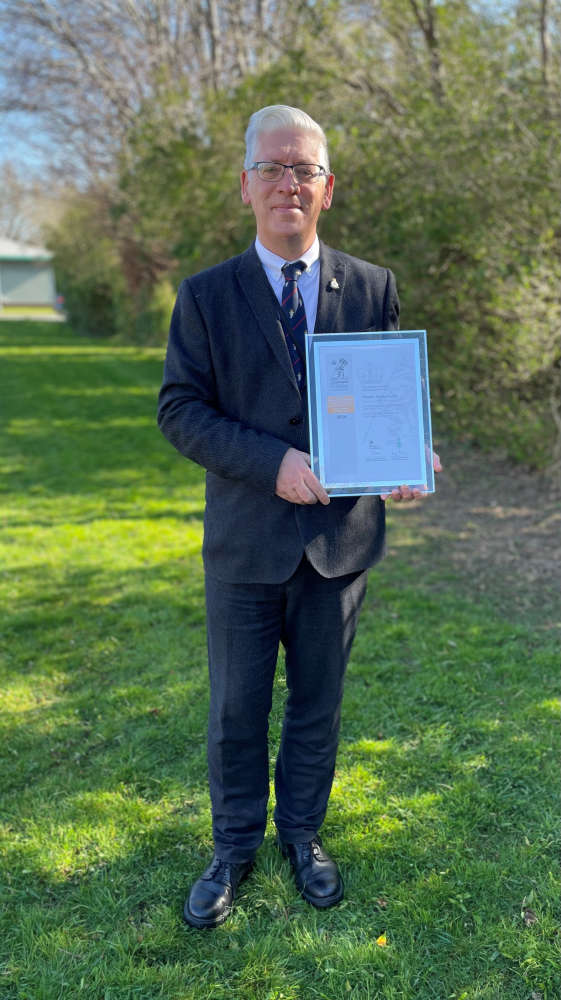 Council awarded Gold Armed Forces Award
Council awarded Gold Armed Forces Award
 Appeal for footage and witnesses following collision in Delamere
Appeal for footage and witnesses following collision in Delamere
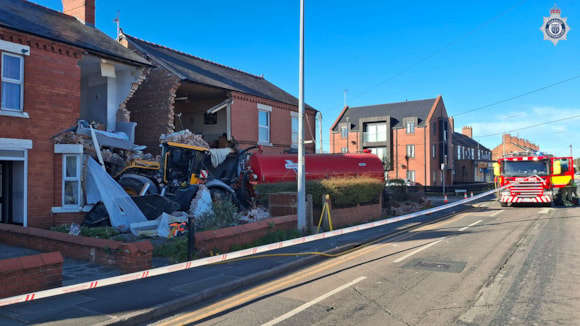 Appeal for information following serious collision in Chester
Appeal for information following serious collision in Chester
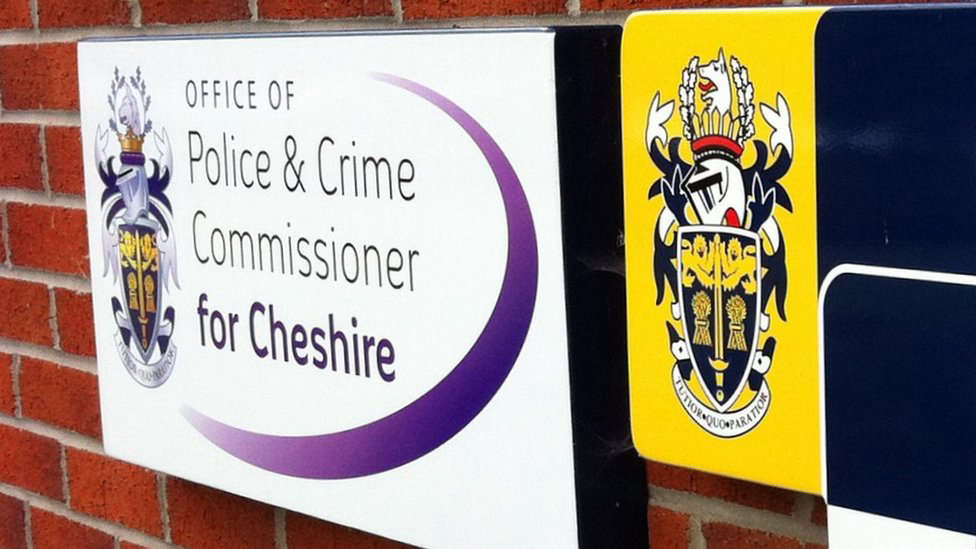 Your chance to get involved in police scrutiny meetings
Your chance to get involved in police scrutiny meetings
 New Events at Jodrell Bank
New Events at Jodrell Bank
 Inspiring Futures at The Queen’s School
Inspiring Futures at The Queen’s School
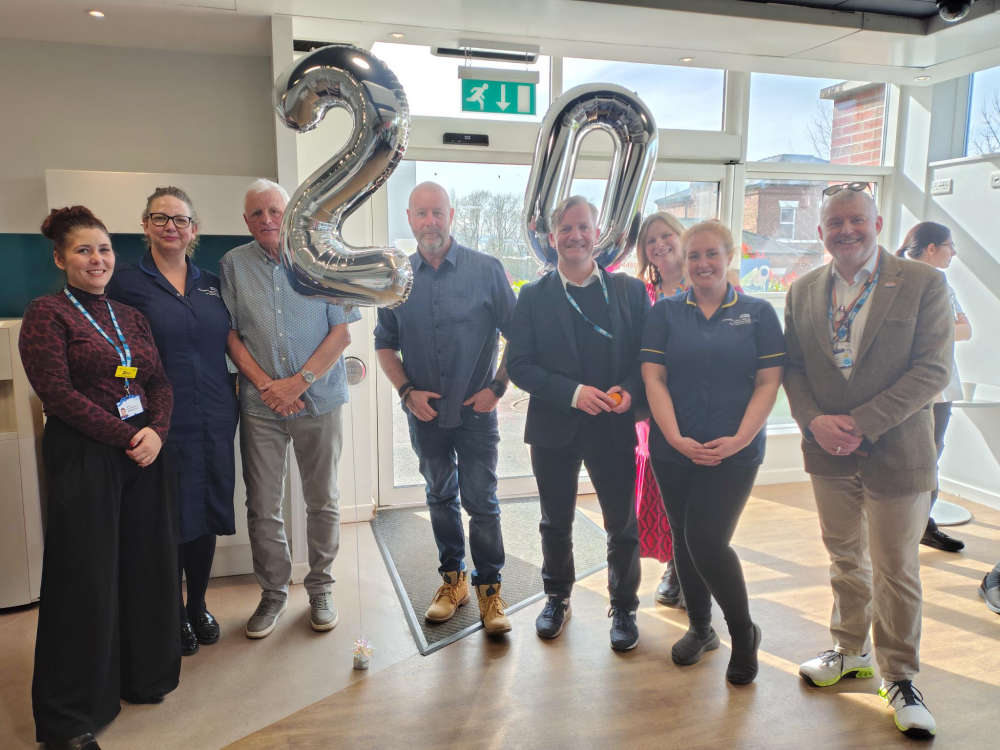 Bowmere Hospital celebrates 20 years of mental health care
Bowmere Hospital celebrates 20 years of mental health care
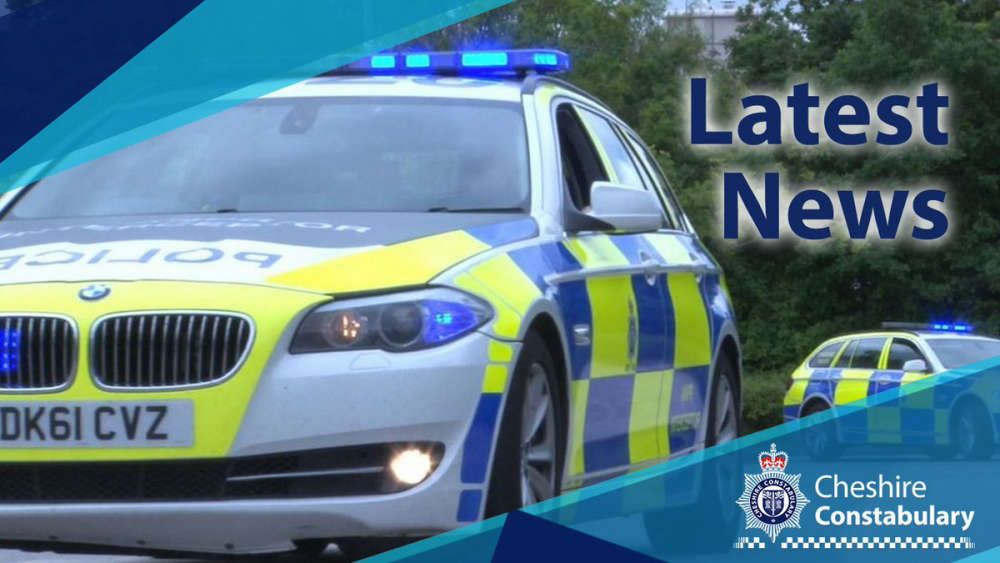 Man charged with burglary and drug offences following Chester police stop check
Man charged with burglary and drug offences following Chester police stop check
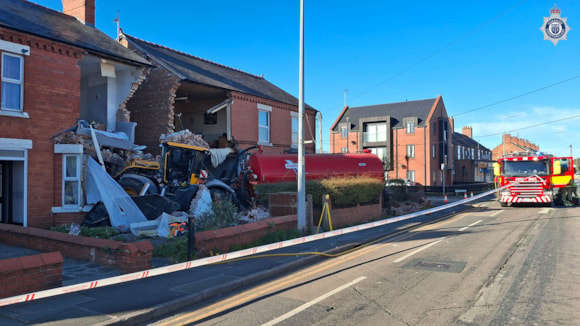 Vicars Cross Road closed following collision in Chester
Vicars Cross Road closed following collision in Chester
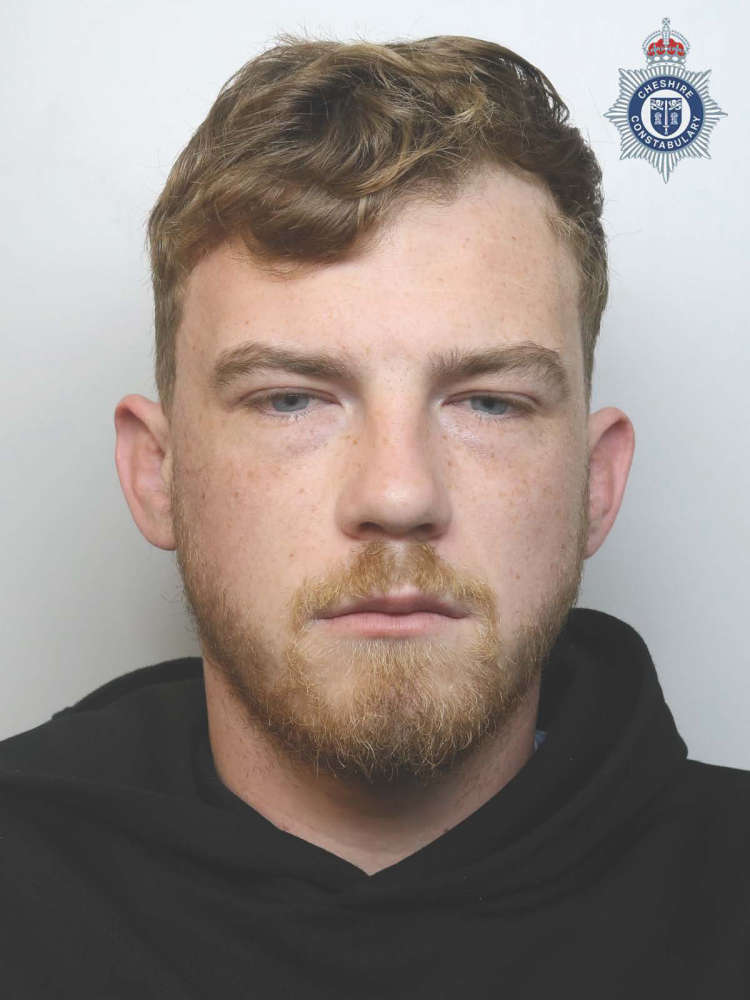 Man jailed for controlling and coercive behaviour and assault
Man jailed for controlling and coercive behaviour and assault
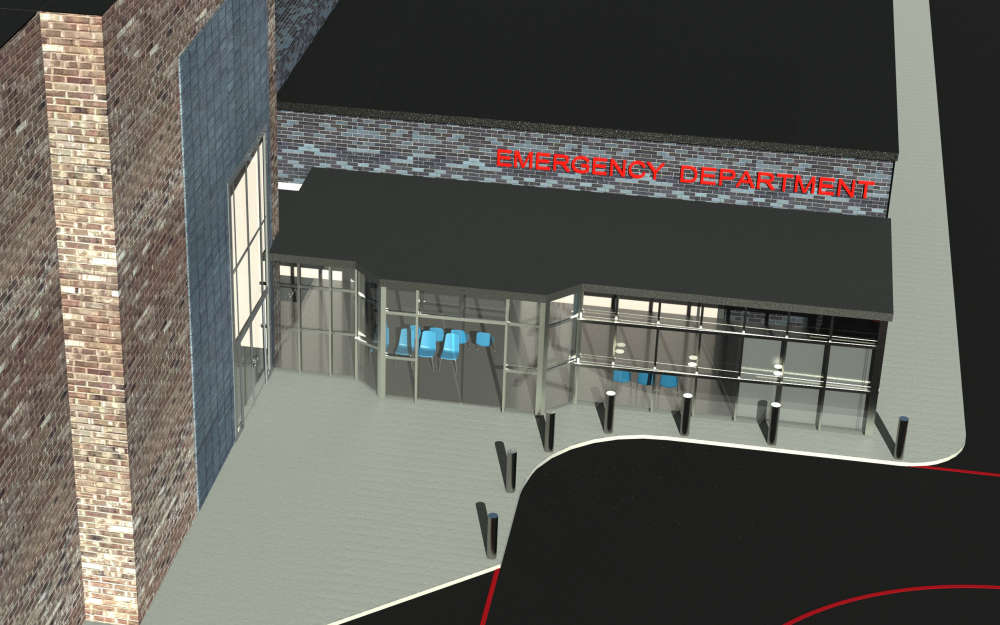 Plan unveiled to transform and improve emergency care at Countess of Chester Hospital
Plan unveiled to transform and improve emergency care at Countess of Chester Hospital
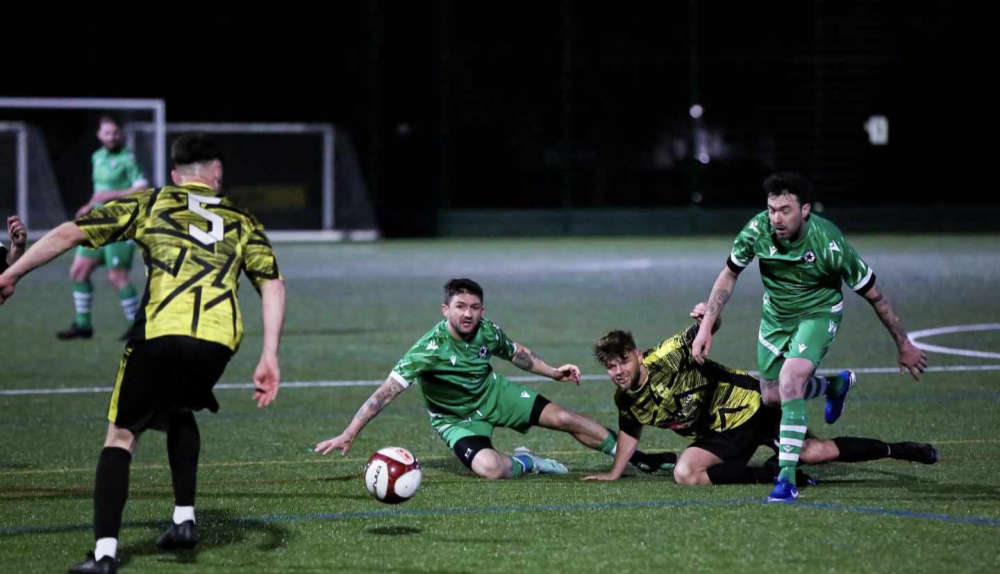 Chester & Wirral Football League - Weekend Round Up
Chester & Wirral Football League - Weekend Round Up
 Ladbrokes returns to Chester Racecourse
Ladbrokes returns to Chester Racecourse